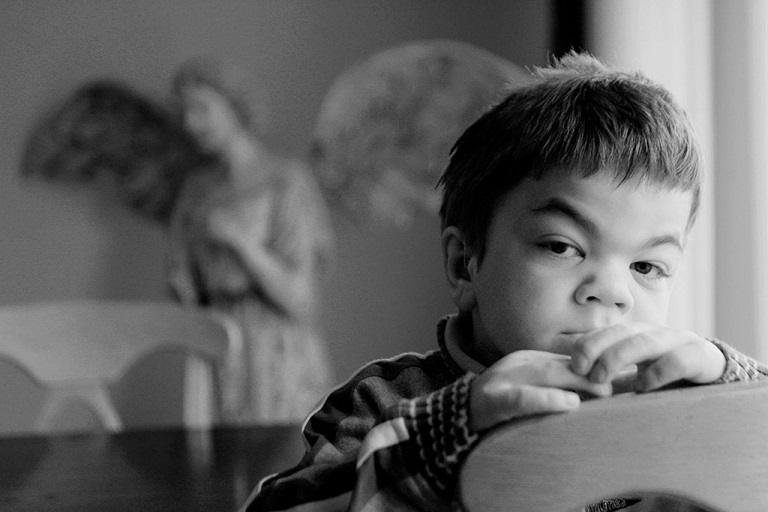Hunter Syndrome Symptoms, Causes, Risk Factors, Complications, Diagnosis and Treatment

What Is Hunter Syndrome ?
It is a rare disorder that arises when a significant enzyme of our body, either tends to miss or fails to work properly. Hunter syndrome is known to be inherited. As the body lacks the needed enzyme for breaking down few complex molecules, this results in the accumulation of molecules in some tissues and cells. Such accumulation of molecules ultimately leads to lasting, progressive damage, greatly affecting:
- Your mental development.
- Appearance.
- Physical abilities.
- Functions of organ.
Mostly, it occurs in children, particularly boys younger than the age of 18 months. Unfortunately, hunter syndrome is incurable; however its treatment involves managing its signs and averting complications in the long run.
What Are The Symptoms Of Hunter Syndrome ?
Signs of hunter syndrome vary in terms of intensity. Few may develop mild, whereas others may experience severe indications. These may include:
- Developmental delays, for example late talking or walking.
- Change in facial features.
- Claw-like hands.
- Protruding tongue.
- Flared nostrils and broad nose.
- Vision loss or damage.
- Abnormal shape or size of bones.
- Enlarged internal organs.
- Progressive hearing loss.
- Respiratory difficulties.
- Cardiovascular disorders.
- Diarrhea.
- Sleep apnea.
- Carpal tunnel syndrome.
- Aggressive behavior.
What Causes Hunter Syndrome ?
It occurs when a faulty chromosome is carried forward from the mother of an affected child. Due to this, the enzyme glycosaminoglycans, our body requires for breaking down the complex sugars, either tends to malfunction or miss.
What Are The Risk Factors Of Hunter Syndrome ?
Two factors are known to raise the chances of developing huntter syndrome. These include:
- Family history: As mentioned earlier, the disorder is sourced by a faulty chromosome, which is passed on to the child. Therefore, chances of developing hunter syndrome increases for a child who has a family history of hunter syndrome.
- Sex: The disorder mostly occurs in male children. Female child is less likely to develop hunter syndrome.
What Are The Complications Of Hunter Syndrome ?
The disorder can lead to a number of serious complications, relying upon the intensity and type of disease, such as complications related to:
- Respiration.
- Heart.
- Connective tissue and skeleton.
- Nervous system and brain.
Children those with hunter syndrome may recover gradually from other illnesses, as compared to the recovery pace of normal children.
How Is Hunter Syndrome Diagnosis ?
On birth, babies with the disorder normally appear fine and healthy. However, changes in their facial features tend to become the first obvious indication of something being wrong! To diagnose it, the health care provider will suggest:
- Blood tests.
- Tissue sample tests.
- Urine tests.
In addition to this, a genetic analysis can help verify the diagnosis of hunter syndrome.
How Is Hunter Syndrome Treatment ?
As mentioned earlier, hunter syndrome is incurable. Though, the treatment aims to manage its symptoms with the advancement of disorder, as well as averting the complications associated with it.
By : Natural Health News




